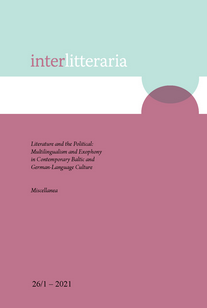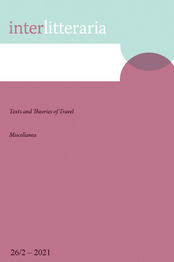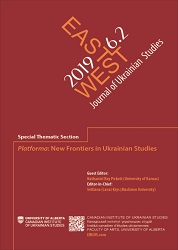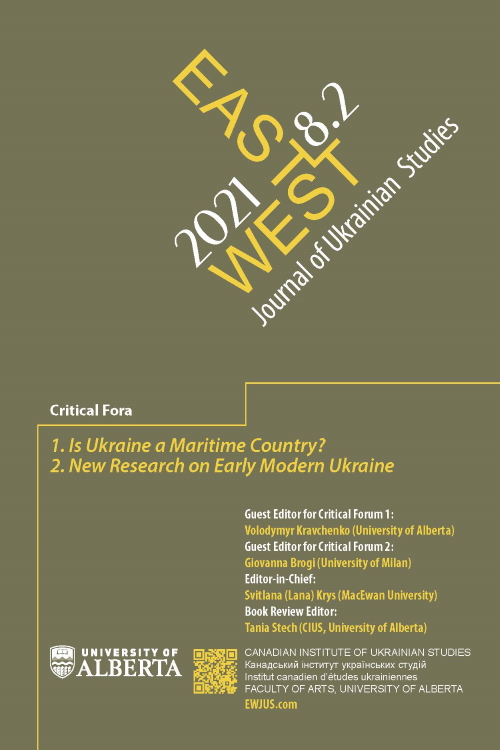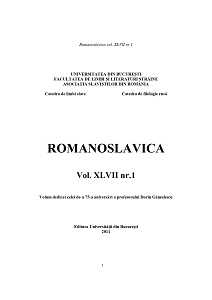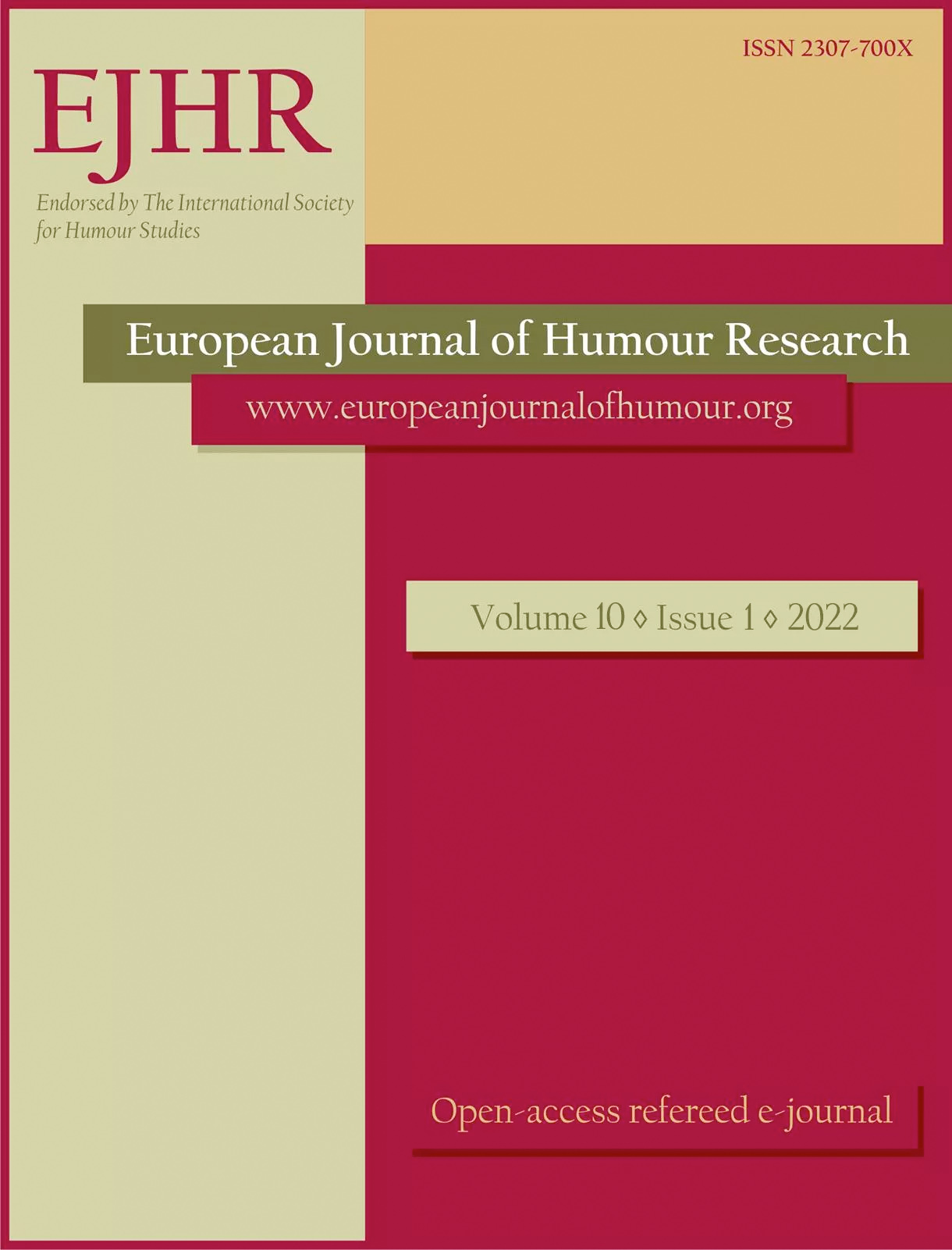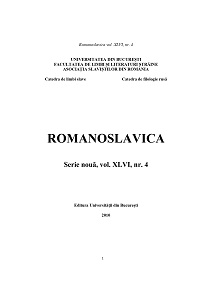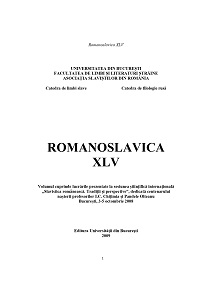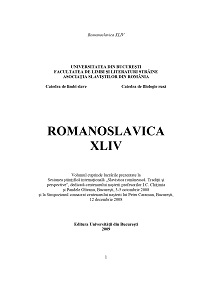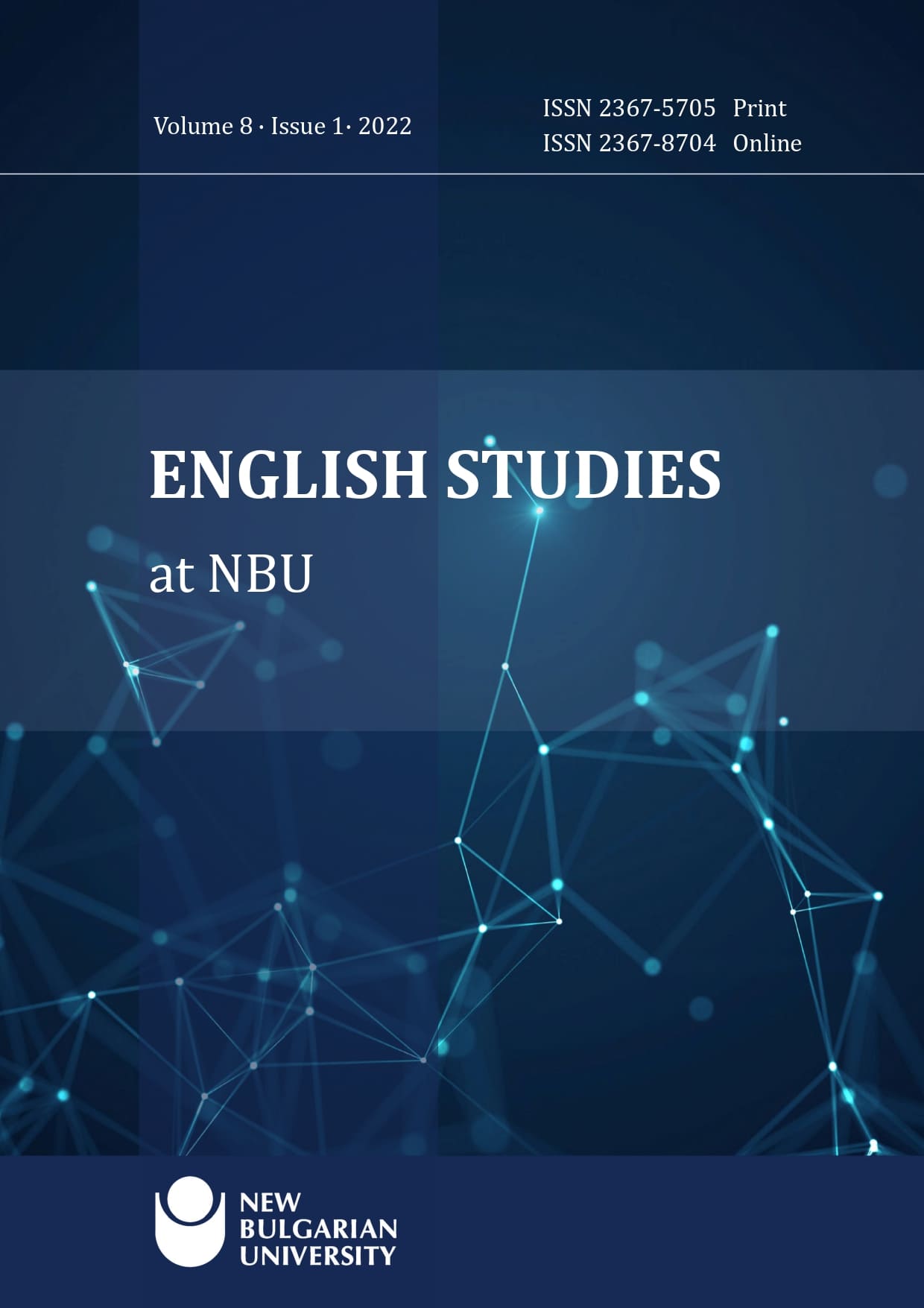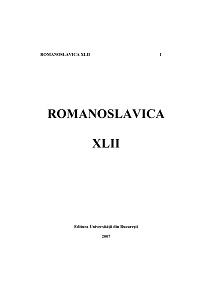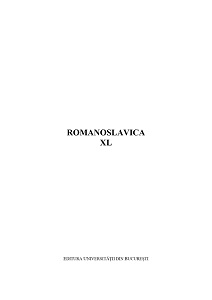Author(s): Gitana Vanagaitė / Language(s): English
Issue: 2/2016
Luigi Pirandello (1867–1936) was an Italian modernist writer and playwright who enriched literature with questions of modern identity as it relates to the contradiction between human consciousness and reality. Pirandello pondered questions of art and reality, mask and essence, life and form, and the fragmentation of a personality. In his works, he also foresaw what would later constitute the base of existential philosophy. The reception of Pirandello’s works in Lithuania has been limited, in part because of the small number of his works translated into Lithuanian – only a dozen short stories, two plays, and a novel. The first more or less systematic and thorough introduction to the play wright and his works took place in 1934, when the Italian writer was awarded the Nobel Prize in Literature for his “bold and brilliant renovation of the drama and the stage.” A few articles on Pirandello’s creative principles appeared in the Lithuanian press. A Lithuanian poet, Kazys Binkis, translated the beginning of Pirandello’s play, Sei personaggi in cerca d’autore (Six Characters in Search of an Author, 1921), and a writer, Kostas Korsakas, edited a book consisting of five novels, Pirmoji naktis (‘First Night’). A Lithuanian translation of his novel, Il fu Mattia Pascal (The Late Mattia Pascal, 1904), and two plays, Sei personaggi in cerca d’autore and Enrico IV (Henry IV, 1922), came out during the Soviet period. All translations were accompanied by a foreword containing basic biographical details about and introducing Pirandello’s cultural, literary and creative life. Although Pirandello gets attention in Lithuanian university textbooks, no academic paper about him or his works has been published yet. There have been no translations of Pirandello’s theoretical texts, his thoughts on the cultural situation, literature, and man at the beginning of the 20th century, i.e., a volume of essays Arte e Scienza (Art and Science) written in 1908 or an important long essay, L’umorismo (On Humor), in which author also examines the principles of his own art. On the other hand, the literary reception of Pirandello’s works has been supplemented by theater performances. Five plays of his were mounted and the play, Henry IV, was twice produced on Lithuanian theater stage. The article examines why Pirandello’s artistic ideas, which reached Lithuania during the second decade of the 20th century, remained on the periphery and failed to influence the literary canon.
More...

